 This week the additions are over 200,000 military records covering the British Army, Royal Navy, Royal Marines and more.
This week the additions are over 200,000 military records covering the British Army, Royal Navy, Royal Marines and more.
British Army, Recommendations For Military Honours and Awards 1935-1990
80,000 transcript records sourced from The National Archives include British Army personnel and some dominions armies’ personnel. They also contain some recommendations for members of the Royal Navy, Royal Air Force, and Royal Marines. Reasons for recommendations vary, including gallantry in the face of the enemy, ‘meritorious service’ (not in the face of the enemy), or distinguished service.
In the records, you could find your ancestor’s name, unit, rank, home address, and perhaps a description of the action that warrants an award.
South Africa, Local Armed Forces Nominal Rolls, 1899-1902
Over 53,000 records, sourced from from The National Archives, detailing some of the British Army units raised locally in South Africa during the Second Boer War consisting mainly of British men who had emigrated to South Africa before the war.
The record transcripts reveal names, ranks, army units, and in many cases, enrolment and discharge dates, all useful information for fleshing out the military branches of your family tree.
Britain, Campaign, Gallantry & Long Service Medals & Awards
Over 51,000 records added to this collection, which details those that showed strength and courage in the face of war. Specifically, these latest additions cover recipients of:
Long Service Good Conduct Medal
India General Service Medal Pegu (Army) 1852-53
India General Service Medal Pegu (Navy) 1852-53
Collated from multiple sources, you’ll usually find a combination of regiment and rank, the reason for the award, any other known medals, discharge date, and more.
British Royal Navy & Royal Marines Service and Pension Records, 1704-1919
The addition of over 19,000 records to this collection, now more than one million entries, includes a shore list of men who joined the Royal Marines in 1810.
The records may reveal the rank and division of seafarersr, as well as the date they joined and any remarks made by their superior.
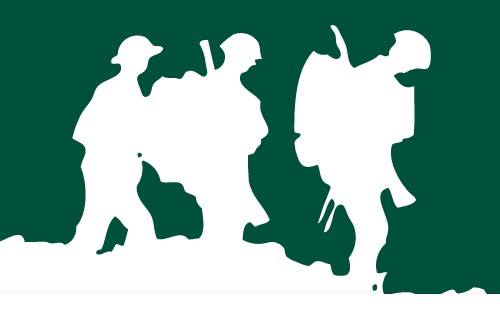 With ‘The Passchendaele Archives Database’ the Passchendaele Museum aims at adding a face and a story to those who gave their lives during the Great War Battle of Passchendaele.
With ‘The Passchendaele Archives Database’ the Passchendaele Museum aims at adding a face and a story to those who gave their lives during the Great War Battle of Passchendaele.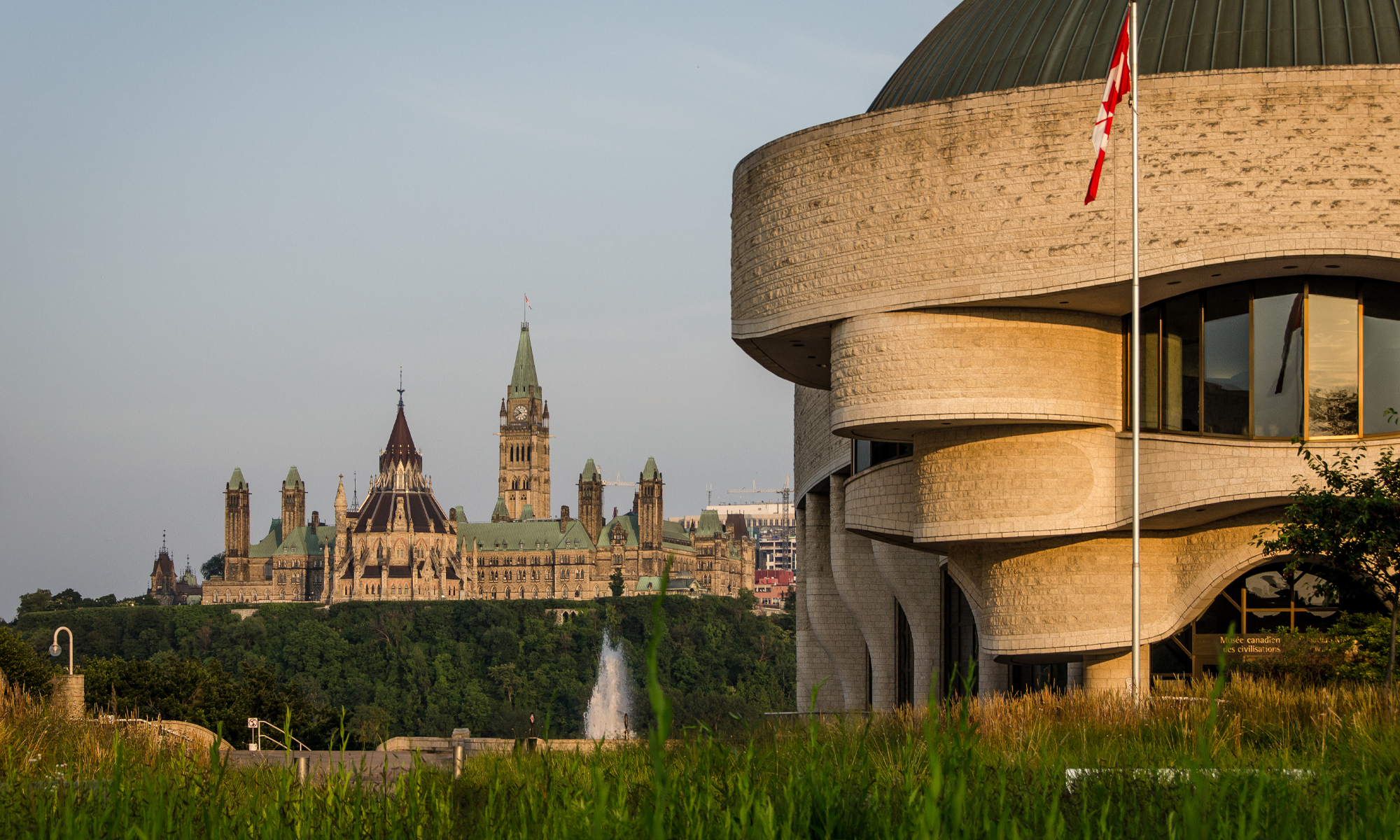

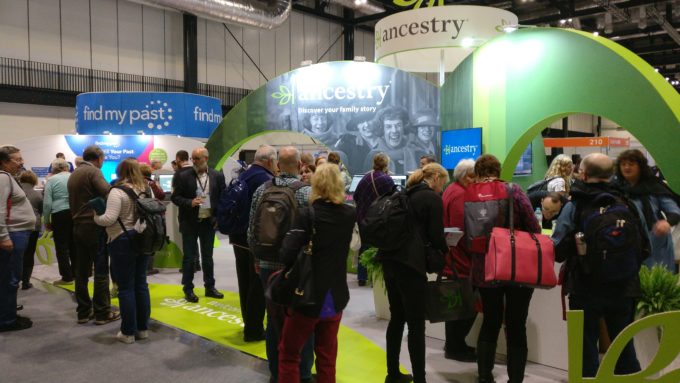 Penny Allen, Canadian librarian/genealogist/blogger living in England who posts at the
Penny Allen, Canadian librarian/genealogist/blogger living in England who posts at the 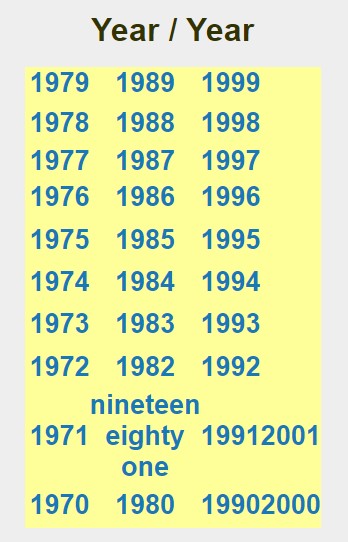 Did you ever see something like this? It’s a list of issues of the publication Zephyr at
Did you ever see something like this? It’s a list of issues of the publication Zephyr at 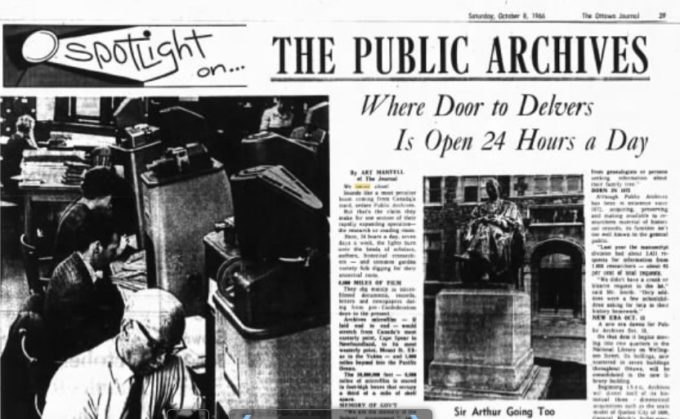

 This week the additions are over 200,000 military records covering the British Army, Royal Navy, Royal Marines and more.
This week the additions are over 200,000 military records covering the British Army, Royal Navy, Royal Marines and more.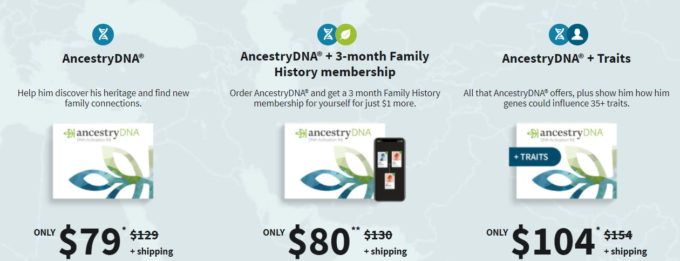
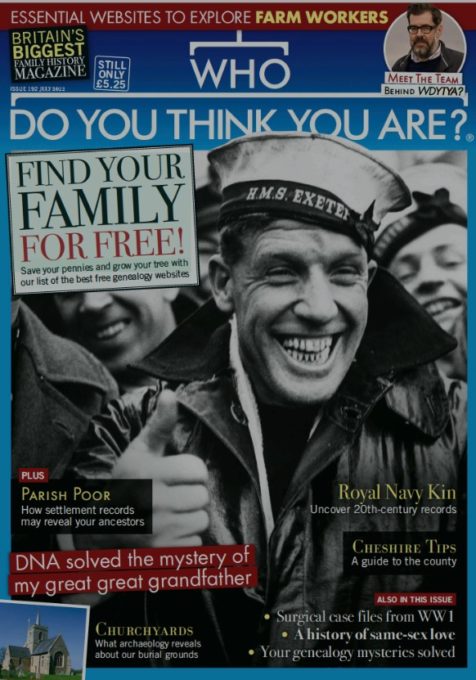 Not even waiting for June; the July issue came online on 31 May!
Not even waiting for June; the July issue came online on 31 May!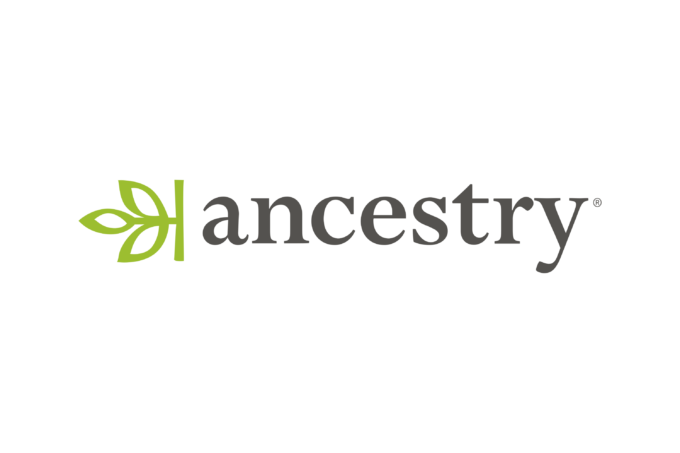 Here are new UK databases to look forward to from Ancestry.
Here are new UK databases to look forward to from Ancestry.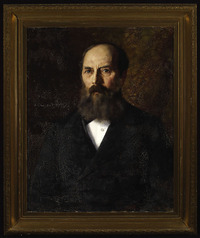
 The June/July2022 issue will be available June 8, 2022. Here’s the table of contents.
The June/July2022 issue will be available June 8, 2022. Here’s the table of contents.